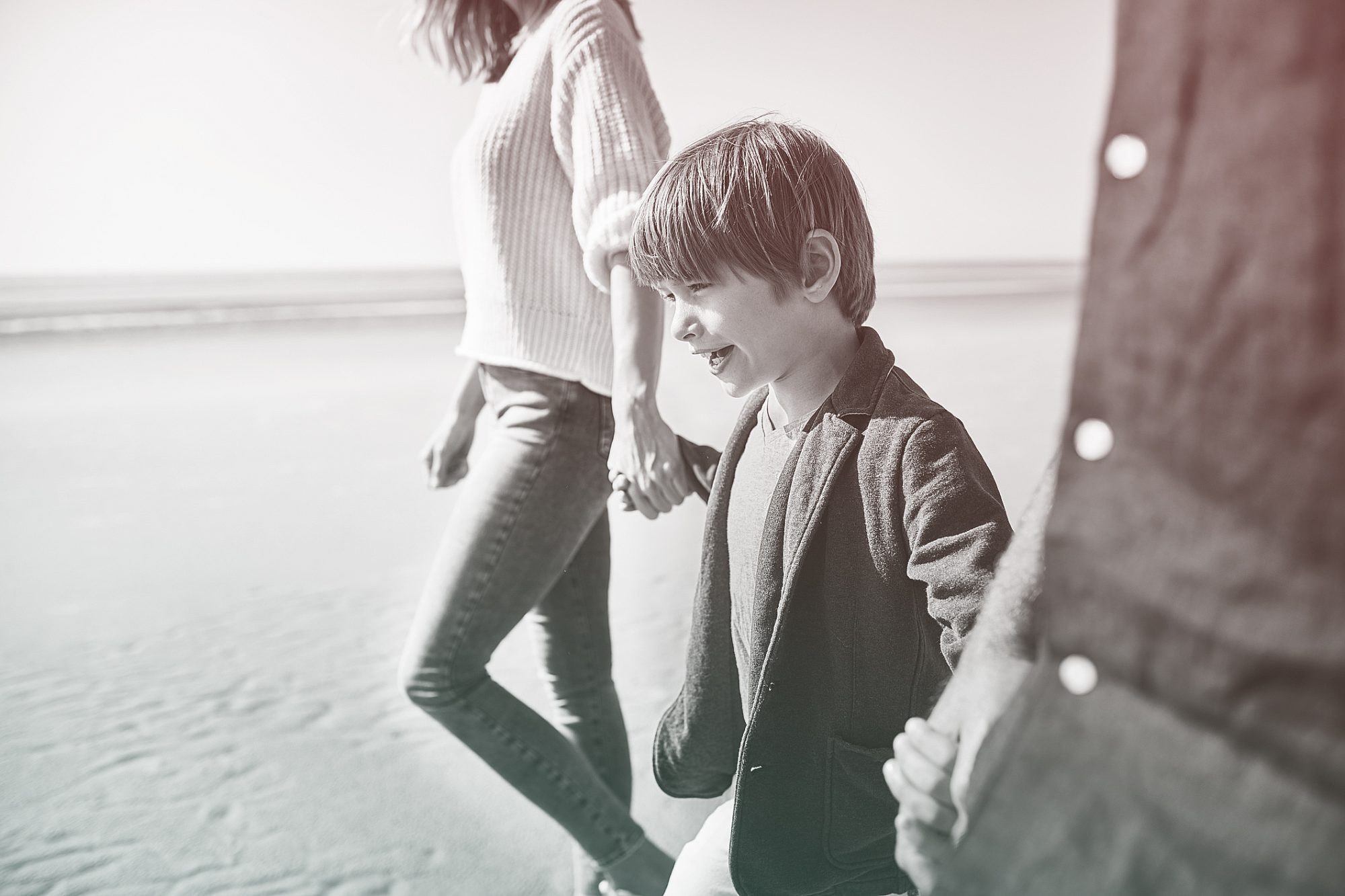
We know that not all families look entirely traditional, but somehow, we often default to asking kids about their moms and dads. A viral Instagram post gets right to the heart of why we need to stop doing that—and suggests a more inclusive alternative.
The post contains a screengrab of a tweet from Sirry Aland, Ph.D., which reads: "Teachers, your class convos are broadcasted in everyone's homes. The # of times the teacher has said 'your mom and dad' to my kid's class is infuriating. But a BRAVE kid just said… 'But I only told my grandma at lunchtime because my sister and I live with our grandma.'"
It's heartbreaking to think of that child, and all the other children out there, who don't feel seen in public discourse because their families are not completely traditional. We need to do better for these kids—the ones who have lost a mom or dad, the ones who have two moms or two dads, the ones who are raised by grandparents or aunts or uncles, the ones who are in foster care, the ones who are estranged from their parents, and all the other children who rarely see their family structures reflected in the world.
So how exactly do we keep our language more inclusive? Sure, we could adopt the term "parents" in the interest of keeping things gender-neutral, but that doesn't include kids who are being raised by other adults.
But Instagram user Glennon Doyle has an idea: "Please consider saying 'your grownups.' I used that when I was teaching and it helped. Adults' language can determine children's belonging," Doyle writes in the post.
We love this idea, and we definitely think a move like this would have an incredible impact on kids who don't have the traditional mom-and-dad family structure. This tip could be particularly valuable for teachers and other educators, but the rest of us could definitely benefit from both the lesson this post teaches and the idea to switch up our language.
"That little language difference signals to little ones that all families are real and important and should be honored," Doyle writes alongside the Instagram post. "That little difference can make a child feel celebrated instead of othered."

